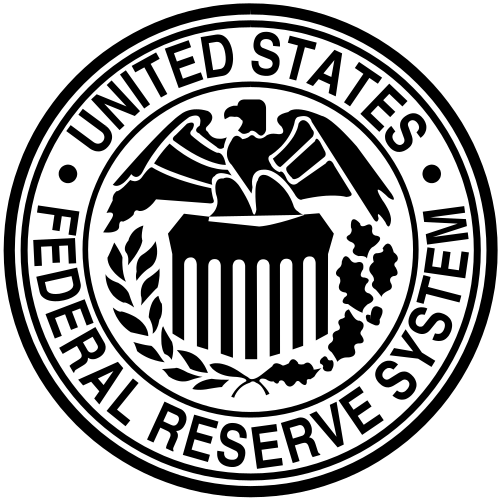Nearly one-fifth of homeowners and more than one-third of renters in New England are at risk of not being able to pay their monthly rent or mortgage, according to new research from the Federal Reserve Bank of Boston’s New England Public Policy Center.
All six New England states have seen dramatic surges in new unemployment insurance claims — between March 21 and April 11, 16.6 percent of the total New England workforce made a claim. The Fed said that UI claims as a share of the total labor force were higher in New England than the U.S. average, and that Rhode Island had the highest share of any state in the country. Massachusetts had the seventh-highest share.
Researchers said the latest claims numbers imply that the unemployment rate “is already above
16% in New England, and could rise even higher.” Without federal assistance, the massive job losses are putting next month’s housing payments in jeopardy for thousands of households across New England.
“Due to the wide-scale job loss, 36 percent of the region’s renters and 18 percent of its homeowners are at risk of not being able to pay their rent or mortgage. This equates to $1.5 billion in monthly payments,” New England Public Policy Center researchers wrote.
Looking at Massachusetts, the NEPPC said 17 percent of homeowners with mortgages and 35 percent of renters with cash rent are at risk of falling behind on rent or mortgage payments due to a job loss. That would result in $338 million in missed mortgage payments and $410 million in missed rent payments, the center said.
The researchers then looked at the impact of the unemployment benefit expansion and direct stimulus checks approved under the federal CARES Act could have, and found that those provisions “are likely to have a major impact on households’ ability to meet monthly housing payments.”
Using a model that estimates what share of households are likely to have received their stimulus checks in the first round of payments and different rates of UI applications, the NEPPC team said the percentage of New England homeowners still unable to make their mortgage payment would fall to between 3 and 5 percent. The share of tenants not able to make rent would drop to between 9 and 13 percent.
The combination of a significant number of job losses and an expected sharp decline in tourism is projected to fuel “steep tax revenue declines” for all New England states. The NEPPC estimated that Massachusetts tax revenues for fiscal year 2020 will be $3.3 billion to $3.9 billion lower than they were in 2019.
The job losses will result in falling personal income taxes, decreased business activity will bring about falling business income taxes and a slowdown in consumption will result in a downturn in sales taxes for states, the researchers said. On top of that, a dip in tourism will yield a drop-off in room and meal taxes.
“I don’t see tourism coming back for months, if not another year or so,” Boston Mayor Martin Walsh said Wednesday afternoon. “I have major concerns about our tourism industry.”
The NEPPC said it will continue to study the financial fallout from the COVID-19 pandemic and plans to present complete findings from its studies in forthcoming reports.
“The economic consequences of the spread of the novel coronavirus, and the public health efforts to stop its spread, have been severe for businesses, workers, households, and governments in New England,” the researchers wrote. “Preliminary findings presented here confirm a massive loss of jobs, widespread difficulty making housing payments, and steep declines in state tax revenue.”

